New program is taking longer to make awards
It’s going to be a little while longer before the developers of 42 projects, many of them megaprojects, across the state learn whether their project is going to win a golden ticket and get a big step closer to their own groundbreaking ceremony.
A spokesperson for the Ohio Department of Development (ODOD) which includes the Ohio Tax Credit Authority that is deciding which projects will win Transformational Mixed Use Development (TMUD) tax credits, informed NEOtrans that their original goal of announcing the winners in January isn’t going to happen. A more definitive, revised goal was not available either.
“The awards will be announced in the coming months,” said ODOD Public Information Officer Megan Nagy. “I don’t have a more updated timeline than that, but I can update you when I have more details.”
The state will be awarding up to $100 million in tax credits in each of the next four years with $80 million per year designated for applicants in or within 10 miles of an Ohio city having 100,000 or more people. The remaining $20 million in tax credits would be for projects in the rest of the state. Up to $40 million in tax credits can awarded to a single applicant in a major city project.
NEOtrans reached out to several TMUD applicants to learn what they’re being told by the state. Off the record, they said they were also informed late last year that TMUD awards would probably be made in January. But now they’re being told the awards will be made in “early 2022.”
There is progress apparently being made in narrowing down the winners and how much of the total each may receive this year. Applicants said they received letters from ODOD in mid-December, asking them questions about their applications and/or to get clarification about specific aspects of their proposed projects.
The TMUD program was originally proposed by Cleveland-based real estate developer Stark Enterprises to fill a gap in its financing for the 1.1-million-square-foot nuCLEus mixed-use development in downtown Cleveland. However, Stark didn’t submit an application for nuCLEus because it reportedly got a better offer from Bedrock Real Estate of Detroit to acquire and develop the 2.85-acre site in the Gateway District. Stark has denied it and Bedrock refused to comment on it.
Eligible major-city megaprojects must have construction or renovation costs of no less than $50 million, create at least $4 million in annual payroll, are mostly vacant (if a renovation project) and include buildings that, in total, measure 350,000 square feet or greater or have at least one structure that rises 15 stories or taller. Smaller-city projects are called general projects and must be at least two stories tall or have a minimum of 75,000 square feet.
Of the 42 TMUD applications submitted statewide by the Oct. 29, 2021 deadline, nine were for projects located in the Greater Cleveland area. Among them was the state’s largest application — a $40 million tax credit for the $500 million conversion of the former Union Trust Bank, 925 Euclid Ave. in downtown Cleveland.
Millennia Companies wants to redevelop the 98-year-old, 21-story, 1.4-million-square-foot office building into The Centennial. Planned are 868 workforce apartments, 62,022 square feet of offices, 21,978 square feet of retail, a 16,607-square-foot museum and several high-end restaurants in what was once America’s largest bank lobby.
The next-largest TMUD request, $19 million, came from UC City Center, LLC, led by Midwest Development Partners. They want tax credits to help fill financing gaps for the first phase of Circle Square including the portion on the west side of Stokes Boulevard between Euclid and Chester avenues in Cleveland’s University Circle.
Although construction of the 24-story Artisan apartments is well underway, higher projected costs have delayed a groundbreaking for the 11-story Library Lofts apartments over a new MLK Branch Library. There are also significant infrastructure costs associated with Circle Square.
Other projects include construction of connected 15- and 18-story apartment buildings at The Van Aken District in Shaker Heights which is seeking $11 million in TMUD credits. Renovating and converting downtown Cleveland’s 40-story Erieview Tower into apartments, modern offices and a luxury W hotel wants $9,339,623 in tax credits.
The Studio 117 mixed-use development, specifically a large apartment building for LGBTQ seniors at the east end of Lakewood, seeks $8,687,615.20. Cross Country Mortgage’s new headquarters in renovated buildings in Cleveland’s Campus District requests $8,562,068.31. Bridgeworks is a new 16-story tower in Cleveland’s Ohio City with apartments, hotel and ground-floor commercial uses that’s seeking $7,944,817.92.
Five buildings would be renovated in the Elyria Block Development for $3,414,100 in general TMUD tax credits. Another general credit, this one in the amount of $1,158,577, would benefit the Uptown Mentor development — a four-story, 43,500-square-foot office/restaurant building in Mentor.
END

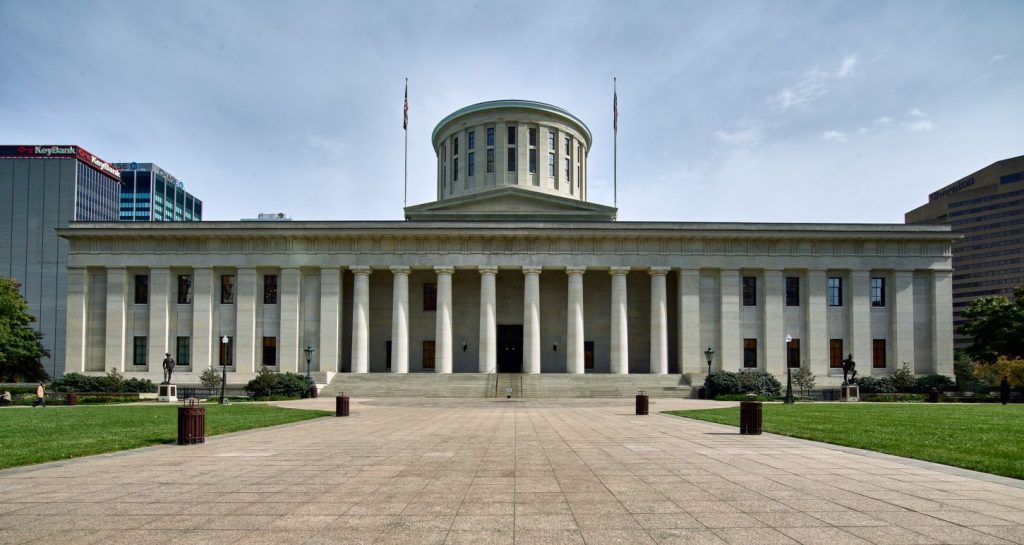
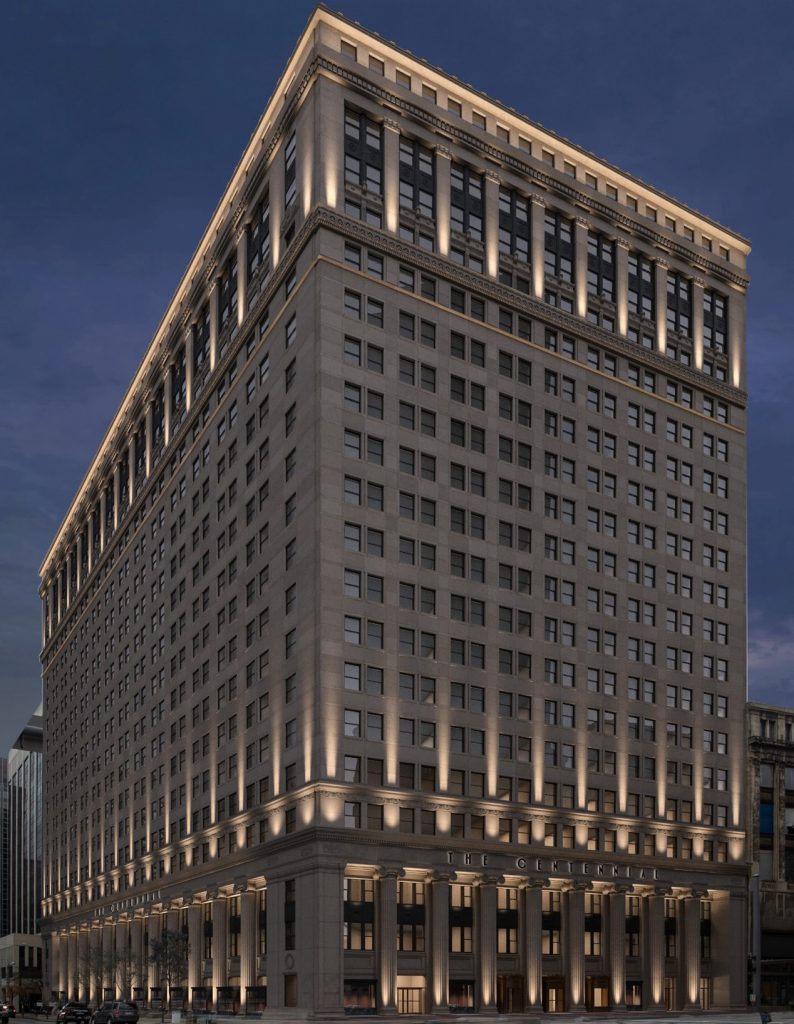
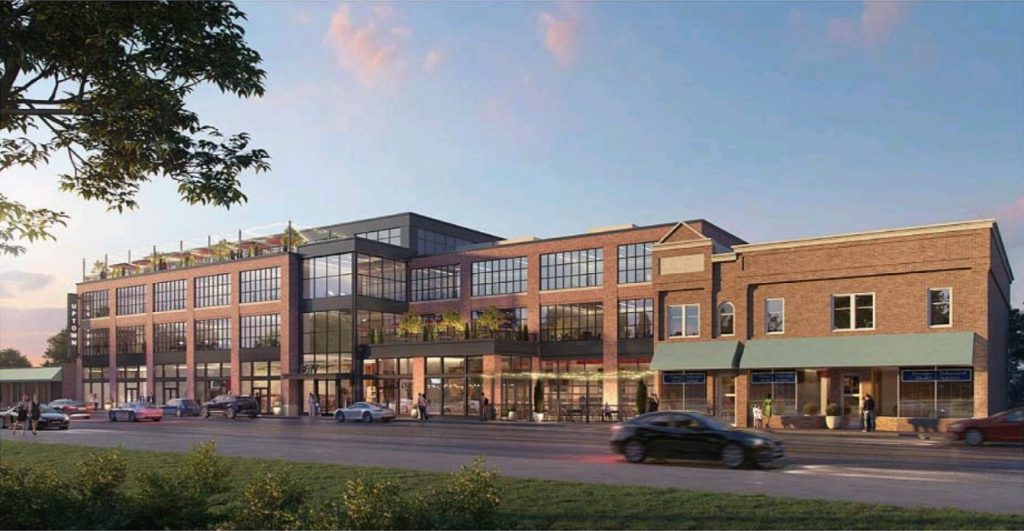


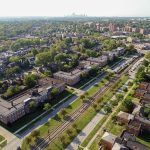


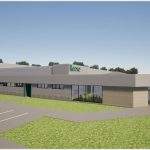
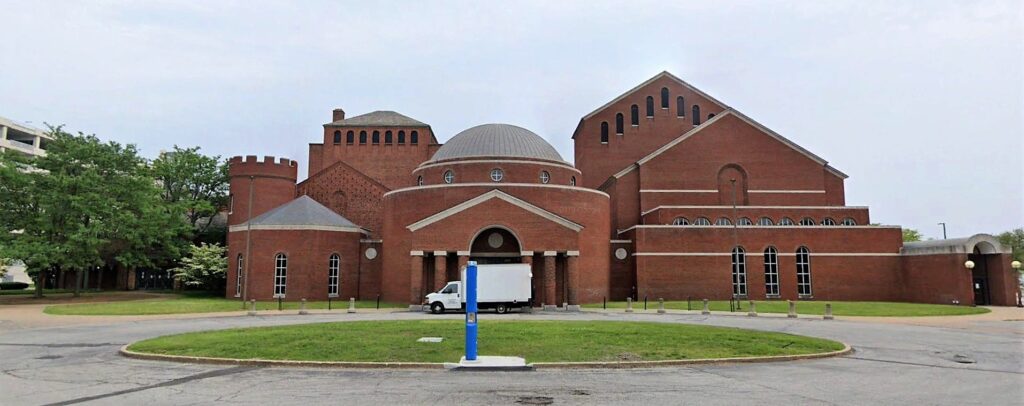
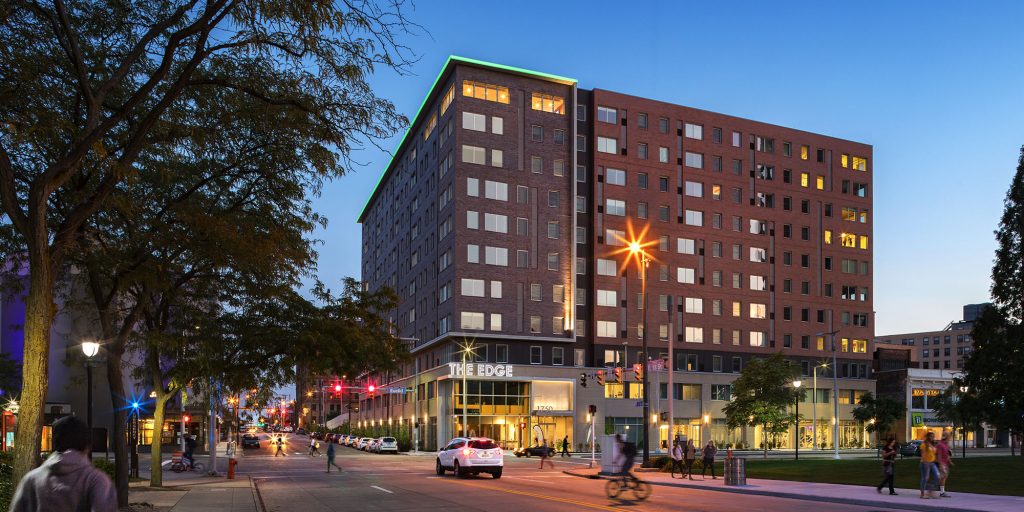
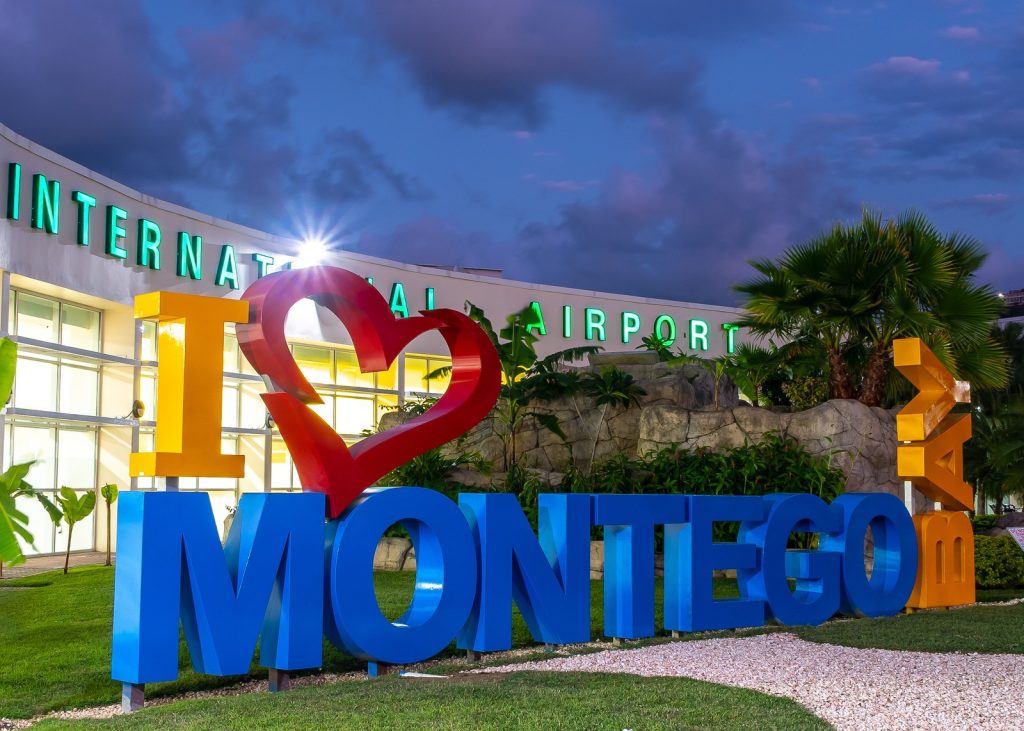
Comments are closed.